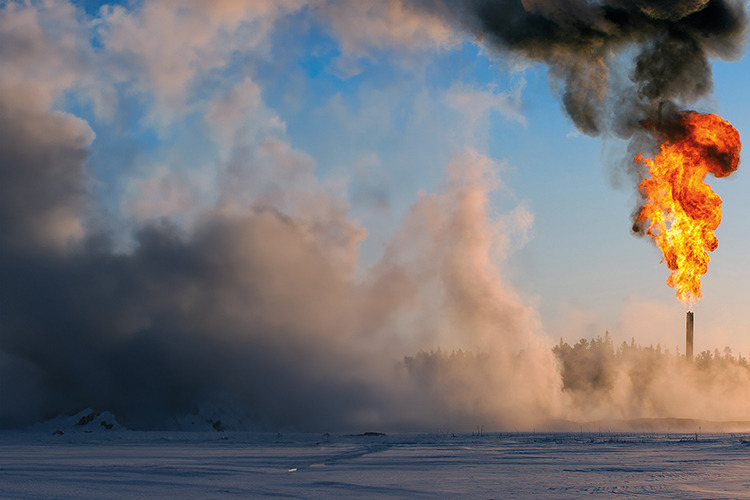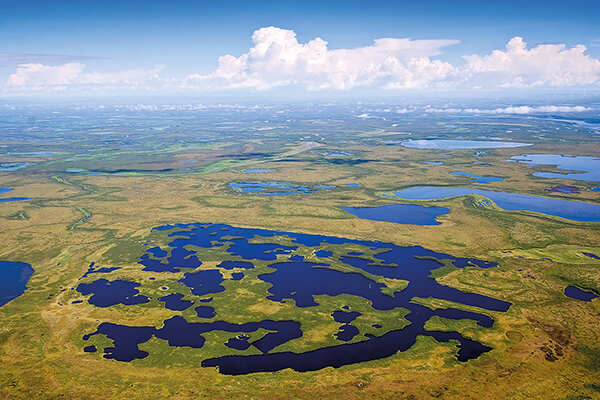Dossier
Can we stop the planet from being swamped by plastic?
Mark Rowe reports on the failure to agree on an international treaty to limit plastic pollution and what our best…
Tackling methane could have a big and quick impact on climate change
We need some quick wins to limit the impacts of climate change. Targeting methane, the second most potent greenhouse gas, could buy us time while we get our act together to cut CO2
What does rapid population growth mean for the world’s poorest continent?
Mark Rowe reports on one the most significant demographic shifts facing the world
How we feed the 9 million people on our warming planet
What we grow where is changing dramatically as global warming causes more and more disruption to food production
The big thaw: melting permafrost is causing a global problem
Around the globe, the number of lakes is swelling by the thousands. But this is far good news, as they are being formed by melting permafrost – the latest example of how climate change is altering the planet’s landscapes
The rising threat of UK coastal erosion
Several coastal regions of the British Isles are under threat from erosion, but attempting to hold back the waves is an expensive business
Arctic nations are squaring up to exploit the region’s rich natural resources
The Arctic is on the cusp of extraordinary change as a host of countries move in on its oil, gas, rare metals and fishing resources
The global effort to improve the world’s slums
One billion people around the world still live in sub-optimal housing, but attitudes towards upgrading slums are changing
The megacity challenge: how to deal with rapid population growth
Population levels are rising and nowhere is this felt more keenly than in the world’s megacities – home to more than ten million people.













